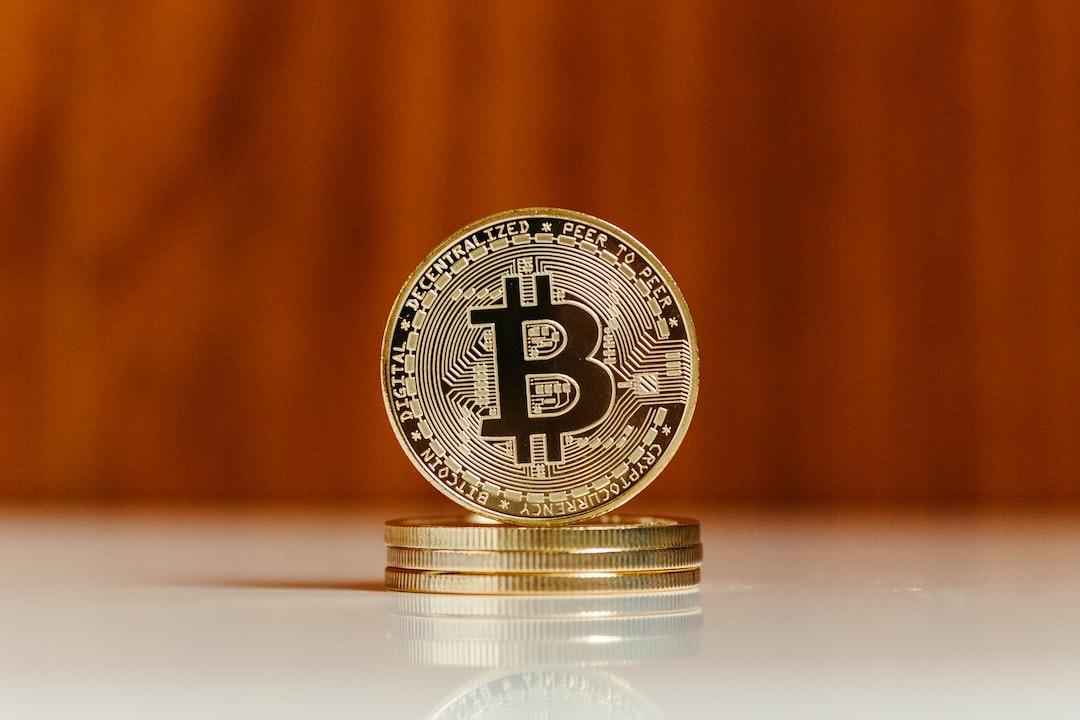According to on-chain data, a mysterious Bitcoin whale has just sent 1,000 Bitcoins to Coinbase, which is currently worth $61 million.
According to Arkham Intelligence, this unidentified investor first received their coins in August 2018 when the total value of these coins was only $6.68 million. Sending the coins to an exchange indicates their intention to eventually sell, which means they would make a profit of 817% if they hold on till the end.
This sale represents a long-term pattern in the cryptocurrency bull market, where long-term holders start selling their coins as the unrealized profits from their dormant BTC become too significant to ignore.
Last month, another Bitcoin whale sold 687 Bitcoins, worth $43.8 million, which they first received on January 11, 2014, when the price of Bitcoin was only $987.
More broadly, the supply of Bitcoin held by long-term holders, defined as coins held in the same address for more than five months, has dropped from 16.2 million Bitcoins at the end of December to 14.9 million at the end of March. During this period, the asset’s price surged from $40,000 to $70,000, indicating that investors are finally starting to make profits.
Since then, the supply held by long-term holders has remained relatively stable, as has the price of Bitcoin. Meanwhile, on-chain analysts have started warning that this year’s Bitcoin bull market is losing momentum, with whales cashing out $1.2 billion in profits in the first half of June.
Other large groups are also selling. Miners have been selling an unusually large amount of BTC since the setback after the halving. Furthermore, both the German and US governments have been selling hundreds of millions of dollars’ worth of BTC confiscated from criminals years ago.
Bitcoin is currently trading at $60,775 per coin, down 11% this month. On Friday, the Federal Reserve will release the core personal consumption expenditure (PCE) price index for May, its preferred inflation gauge, which could impact market sentiment and trigger further volatility in assets.
Andrew Hayward, Editor

